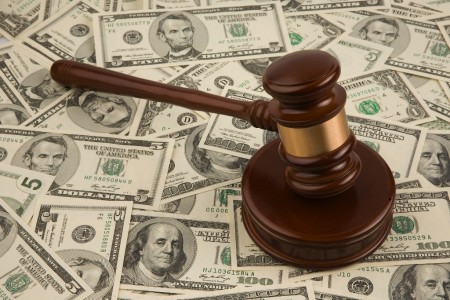Booze It & Lose It
Tuesday, July 3rd, 2012 On July 4, 2012, we will celebrate the 236th anniversary of the Declaration of Independence from the Kingdom of Great Britain. Many Americans consume alcohol during this celebration.
On July 4, 2012, we will celebrate the 236th anniversary of the Declaration of Independence from the Kingdom of Great Britain. Many Americans consume alcohol during this celebration.
While enjoying good times with friends and family we may not forget the tragic and sobering consequences that can result by driving while impaired.
To deter drunk drivers across the entire state and remove impaired drivers from the roads, local law enforcement agencies from across the state will join the Governor’s Highway Safety Program “Booze It & Lose It: Operation Firecracker” which began Friday, June 29, and continues through Sunday, July 8. Law enforcement agencies will increase their presence at the beaches in Pender, New Hanover, and Brunswick Counties. This will effect Surf City, Topsail Beach, Wrightsville Beach, Kure Beach, Carolina Beach, Holden Beach, Ocean Isle Beach, and Sunset Beach.
Collins Law Firm always urges people not to drive while impaired. If you consume alcohol, we encourage you to have a designated driver or to take a taxi home. However, if you are charged with a DWI/DUI, underage drinking, or any other crime in or around Wilmington, NC in New Hanover County, Brunswick County (Bolivia, NC), or Pender County (Burgaw, NC) and need a lawyer or attorney to represent you, call Collins Law Firm at: 910-793-9000 910-793-9000 for a confidential consultation.
910-793-9000 for a confidential consultation.
By Jana Collins, Office Manager








